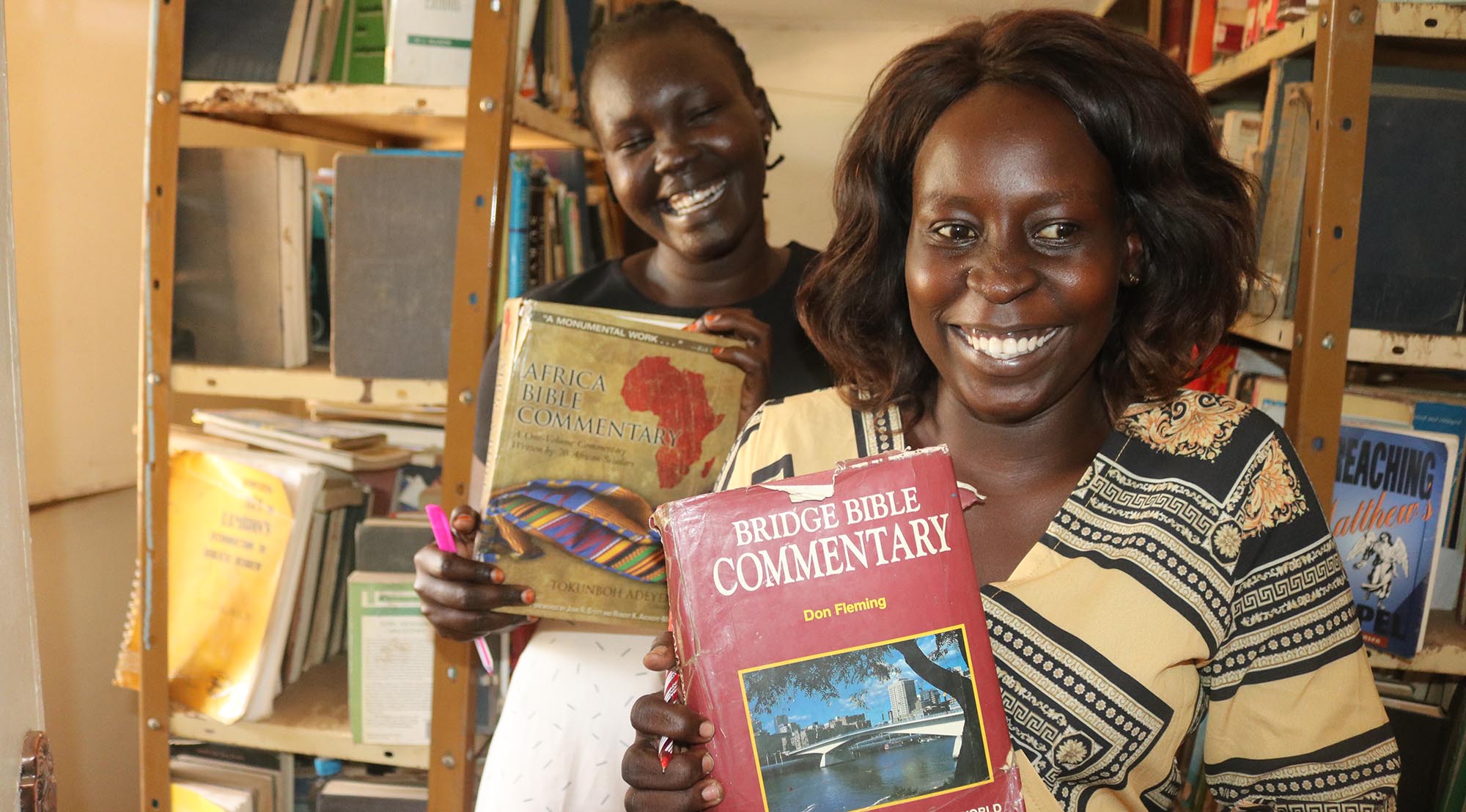Does religion promote peace? We often hear of religion stoking or even sparking conflicts rather than playing a role in restoring peace.
It is a different story in South Sudan. This majority-Christian country declared its independence from the Muslim north in 2011. Yet only two years later, a civil war broke out as a result of power politics, which was then played out in the country’s ethnic divisions. Even though more than an ample number of peace treaties have been concluded since, violence is still a constant presence in many parts of the country.
Mission 21 works in the country as a Christian NGO, primarily in collaboration with faith-based partner organizations. In South Sudan, the South Sudan Council of Churches (SSCC) and the Presbyterian Church of South Sudan (PCOSS) are key partners regarding peacebuilding. In the PCOSS, peacebuilding efforts begin even as early as theological training. Through the Nile Theological College (NTC), the churches have been focusing on the provision of university education for pastors. Working to promote peace and reconciliation is embedded in the curriculum just as much as a thorough understanding of leadership. The students, among them 12 women, are encouraged to debate issues from a socio-critical perspective rather than just adopting the views of others. As pastors, they will later have a strong influence on the people in their parishes and can therefore become “agents of peace.” The sizes of the parishes mean that between 1,000 and 3,000 people will hear the words of a pastor at a Sunday service. For this reason, a theological misinterpretation of the role of the pastor itself involves a high level of risk.
Experience has also shown that women, in particular, achieve considerable success in reconciliation work. Many express support for peacebuilding efforts because they want their children to have a secure future without violence. The “Women for Peace” project, supported by Mission 21, empowers women in various roles. This can take the form of theological training but can also be through primary or vocational education. Women are also supported with regard to generating income. This is important when it comes to making their voices heard in a male-dominated country. The empowerment of women and promotion of their rights is also of fundamental importance in enabling women to play a more active role in the peace process.


